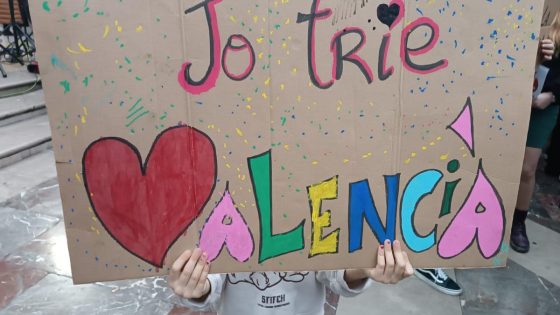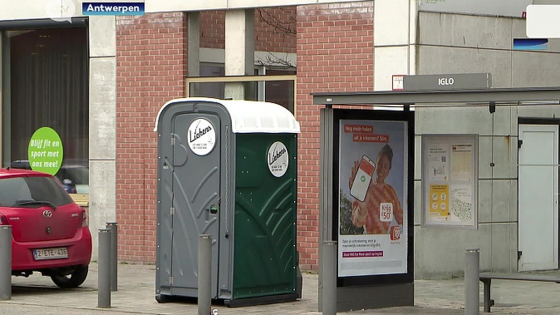A significant debate is unfolding in Valencia over the upcoming consultation regarding the language of instruction in schools. Starting on February 25, 2025, citizens will weigh in on whether to maintain or alter the use of Catalan in classrooms. This decision could have lasting effects on the region’s linguistic landscape and cultural identity.
- Concerns over weakening Catalan education system
- Language choice consultation initiated in Valencia
- Opposition from families, educators, and activists
- English language requirements in education outlined
- Shift towards Spanish in historically Catalan areas
- Fears of linguistic genocide expressed by leaders
Valencia’s Language Consultation: A Turning Point for Catalan Education?
Will the upcoming language consultation in Valencia reshape the future of education? As families prepare to choose the primary language of instruction, many worry about the implications for Catalan. This initiative, led by the PP and Vox parties, aims to give families more freedom, but critics argue it threatens the status of the Catalan language.
Implications of Language Choices in Valencia’s Schools
The consultation will require families in public and charter schools to select the primary language of instruction for the upcoming school year. The proposed framework allows for a maximum of 65% of teaching time in one language, with a minimum of 25% in the other official language and 10% for English. However, in areas where Catalan has historically been less prevalent, the teaching of Catalan will become optional.
Understanding the Stakes: What’s at Risk for Catalan?
Many educators and activists express concern that the changes could diminish the presence of Catalan in schools. They argue that:
- Less than 50% use of a minority language hampers fluency.
- Shifting to a predominantly Spanish curriculum may erase cultural heritage.
- Families fear that learning in Catalan could hinder academic support at home.
- Opposition groups are mobilizing to protect Catalan education.
Community Reactions: Voices from Valencia
Local educators and parents are voicing their concerns. Eloïsa López Labrador, a teacher, highlights the struggle against the “Hablamos Español” movement, which gains traction in areas where Spanish predominates. Many families worry about their children’s academic success if they study in Catalan, despite evidence suggesting that bilingual education enhances cognitive skills.
Future of Catalan: A Cultural Battle
The push to reduce Catalan in schools reflects a larger cultural battle in Valencia. Activists argue that this initiative is part of a broader effort to diminish Catalan’s status in favor of Spanish dominance. As the consultation approaches, the community remains divided, and the outcome could set a precedent for language education across Spain.










![[KEMASKINI] 2 cedera dilanggar Hilux, Vios di Jalan Klang Lama](https://news.faharas.net/wp-content/uploads/2025/01/Shocking-Collision-2-Injured-in-Hilux-and-Vios-Crash-on-560x315.jpeg)




















